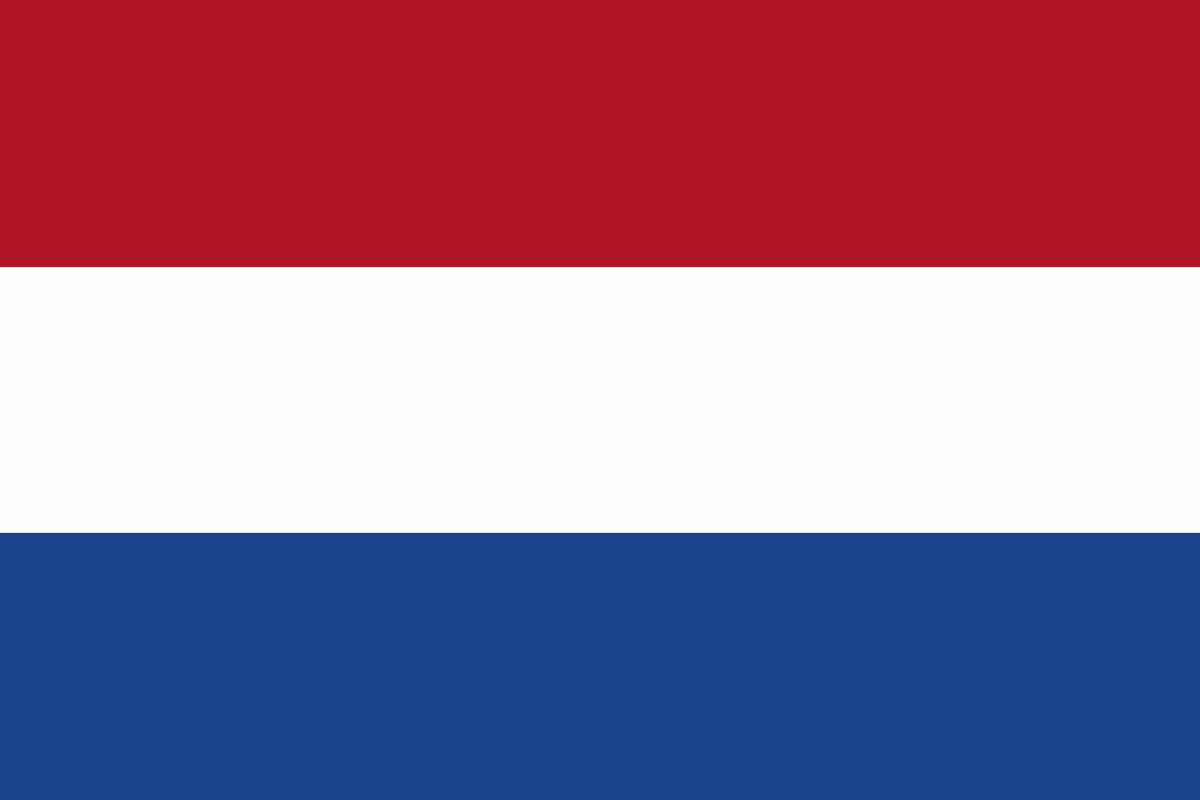We support an orderly and inclusive transition to a net-zero emissions economy, aligned with limiting warming to 1.5 degrees Celsius by the end of 2100. We recognise the importance of addressing climate change and incorporating climate-related risks and opportunities into our decision-making, facilitating a resilient future for our business and our customers. This Focus Area recognises the potential impacts, risks and opportunities presented by climate change, and our role in the transition to a net-zero economy.
An orderly transition occurs when climate policies are introduced early to reduce emissions in a measured way to meet climate goals. This provides greater economic stability, business confidence and lower risk of business failure through the transition process. We recognise the need for appropriate policy settings to achieve this, and welcome recent legislative changes in Australia introducing the phasing in of mandatory climate reporting. Mandatory sustainability and/or climate-related disclosure requirements are also being introduced in several of our countries of operation, and we are focused on preparing for these new obligations.
To learn more about our approach to climate change:
Climate change | QBE Insurance Group
QBE wins Finder Green Award in 2024
In 2024, for the fifth year in a row, QBE was named by Finder as Australia’s Green Insurer of the Year.
The Finder Green Award recognises our focus on reducing our environmental footprint, commitment to sourcing electricity from renewable sources for our global operations and our emissions reduction targets.
The Finder Green Awards is an annual celebration that helps Australians find the companies leading the way on environmental sustainability in the sectors that we compare. With awards in the energy, insurance, banking, superannuation and telecommunications industries, this is one of the broadest sustainability awards programs in Australia.
To learn more about Finder Green Awards 2024 - Recognising sustainable companies | Finder
Read more about what we are doing to support Focus Area 1 in our 2024 Sustainability Report.

 QBE Re
QBE Re
 Hong Kong
Hong Kong
 India
India
 Macau
Macau
 Mainland China
Mainland China
 Malaysia
Malaysia
 Philippines
Philippines
 Singapore
Singapore
 Vietnam
Vietnam
 Australia
Australia
 New Zealand
New Zealand
 Denmark
Denmark
 France
France
 Germany
Germany
 Italy
Italy
 Netherlands
Netherlands
 Spain
Spain
 Sweden
Sweden
 UK
UK
 United Arab Emirates
United Arab Emirates
 Canada
Canada
 USA
USA
 Pacific Islands
Pacific Islands
 Fiji
Fiji
 French Polynesia
French Polynesia
 Solomon Islands
Solomon Islands
